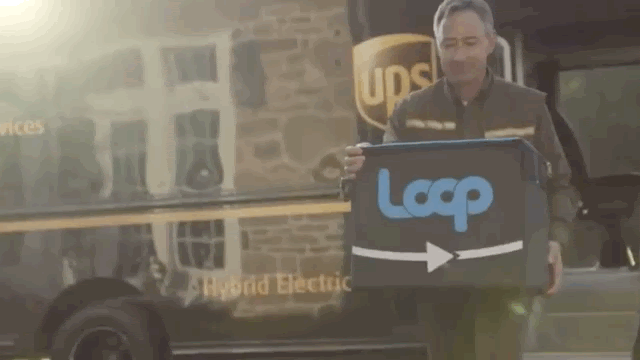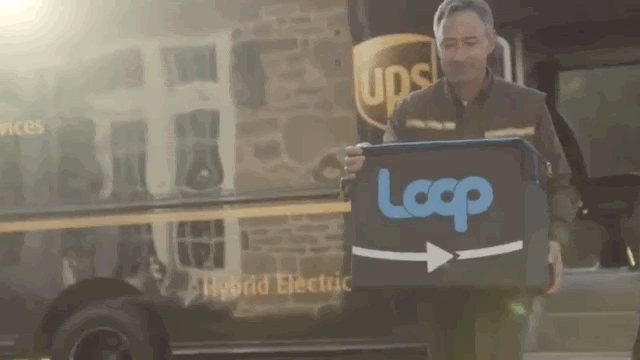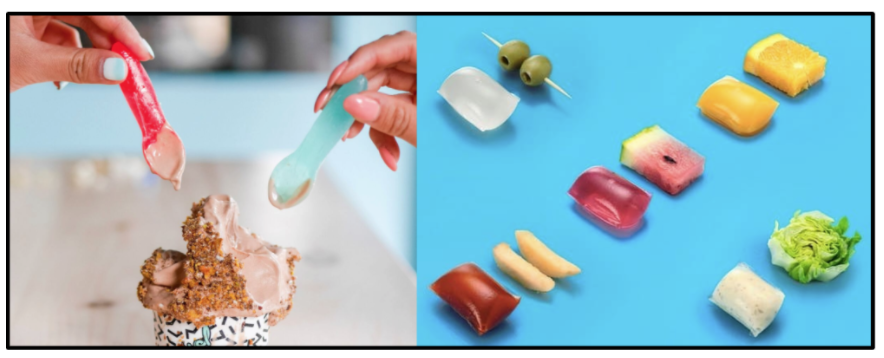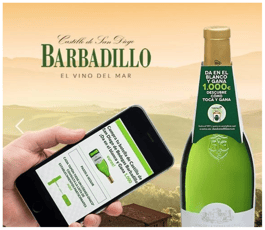nlopchantamang.com
The Ecommerce Boom Makes Sustainable Packaging as Important as Ever
Trung Phan

The Signal: Online retail sales in the US are on a tear.
It took nearly 2 years for monthly sales to rise from $58B (April 2018) to $68B (February 2020). But between February and April, monthly sales jumped another $10B -- to $78B.
The rapid rise in ecommerce is creating great demand for sustainable packaging solutions.
This surge in demand is partially offsetting lower use in reusable consumable goods (e.g., straws, cups) due to “shelf life” concerns of COVID-19 on certain surfaces; some US states (Illinois, Massachusetts, and San Francisco) have banned reusable bags at grocery stores, while Starbucks has put a moratorium on filling reusable mugs.
On a more macro level, plastic pollution is as big of a problem as ever: 8.3B metric tons of plastic has been produced globally to date, and 40% of plastic that’s produced is packaging that’s used just once, then thrown away.
Loop -- an ecommerce platform that delivers groceries and cleaning supplies to your door in reusable containers -- is one sustainability focused firm navigating the pandemic well.

In early April, Loop CEO Tom Szaky said that March was the New Jersey-based company’s best-performing month to date.
Szaky attributes the company’s accelerated growth in part to the overall growth of ecommerce.
But, crucially, he also draws a distinction between Loop’s “professional reuse system,” in which packages are sanitized in a cleanroom “with really sophisticated chemistry and technology,” and an “informal reuse system” -- e.g., a customer giving her cup to a barista to fill up. The former, he argues, is safe during this pandemic, but the latter is questionable.
If you’re planning to step into the reusables space, note a key takeaway from Szaky: While manufacturers, retailers, and consumers see value in refillable packaging, they want an experience as similar to disposability as possible, in terms of convenience.
That’s why Loop tries to make the experience really easy.
Here’s how it works:
- Order products from Loop’s online store; current offerings include a handful of brands, like Nestlé, Nature’s Path, and Clorox; you pay a refundable deposit fee for the reusable packaging.
- Products in reusable containers are delivered to your door in a reusable tote.
- Once you’re finished with your products, Loop picks up your empties.
- Containers are sanitized, filled, and redistributed.
The Opportunity: The coronavirus has stymied the sustainability movement but -- as the Loop example shows -- it hasn’t served a death blow.
Data from Crunchbase showed that startups creating packaging solutions have raised more than $850m in the past 3 years.
Here are some of the opportunities:
Plastic Solutions (Reuse & Replace)
A key challenge in tackling plastic waste is breaking down the material. Many of the companies in the sustainable packaging space are focused on addressing this issue:
- BioCellection collects all manner of plastics waste (bags, packaging, wraps) and uses a chemical process to break the polyethylene into building blocks. The building blocks are then reformed into performance materials like ski jackets.
- Recycling Technologies breaks down plastic so it can be used as feedstock in new plastic production.
- Greenmantra Technologies creates new synthetic materials from recycled plastics that’s used in asphalt roofing, asphalt roads, recycled bottles, and plastic composites.
- No Waste Technology and Sapertech tackle the issue of laminate. The former removes laminate from paper (making it 100% recyclable) while the latter removes laminate from mixed materials like soup cartons or cardboard.
- Loop Industries (not to be confused with Loop, discussed above) upcycles waste PET plastic into new packaging for the beauty industry. They’ve won multi-year contracts with L'Oréal and PepsiCo and received $35m in funding last year to expand their operations. Beauty is a particularly attractive space as several large personal care brands have made sweeping sustainability commitments: L'Oréal announced that 100% of its plastic packaging will be refillable, reusable, recyclable, or compostable by 2025; Estée Lauder and Unilever have made similar commitments.
- Sulapac is outright replacing plastic with wooden straws.
Convert Food Byproducts Into Reusable Packaging
If we must use disposable packaging, making it out of food waste is a pretty good story.
Over the past month investors seem to agree:
- Ecoinno, a Hong Kong-based company that makes compostable packaging from leftover bamboo and sugarcane pulp, recently raised $6m in funding.
- Varden recently received $2.2m in funding from Horizons Ventures. Varden converts sugarcane byproducts to packaging and aims to replace the plastic coffee pod.

Here are other companies repurposing food byproducts.
- Pulpworks uses byproducts from sugarcane, bamboo, and rice to create sustainable packaging for all types of goods, from electronics to food to personal care and medical devices.
- Candy Cutlery uses sugar cane to make spoons and cups meant for desserts (and that can be eaten afterwards).
- Ecoshell uses sugar cane and corn starch-based inputs to make cutlery, bags, and containers.
- Loliware uses seaweed for what is claims is the “first certified edible bioplastic” (e.g., edible straws).
- Notpla creates seaweed and plant-based packaging that “disappears” in the environment.
- Do Eat makes potato waste-based containers.

Leave a Comment